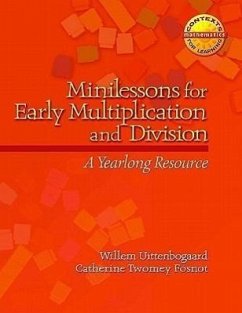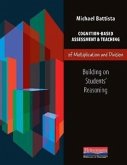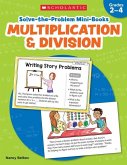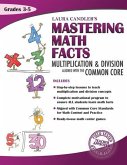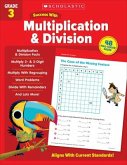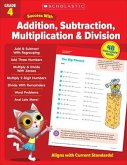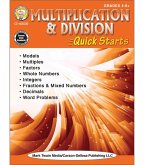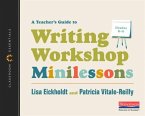Minilessons for Early Multiplication and Division is one of two yearlong resource guides in Contexts for Learning Mathematics' Investigating Multiplication and Division (3-5) Minilessons for Early Multiplication and Division is a resource of 75 minilessons that you can choose from throughout the year. In contrast to investigations, which constitute the heart of the math workshop, the minilesson is more guided and more explicit, designed to be used at the start of math workshop and to last for ten to fifteen minutes. Each day, no matter what other materials you are using, you might choose a minilesson from this resource to provide your students with experiences to develop efficient computation. You can also use them with small groups of students as you differentiate instruction. The minilessons in this guide were designed to be used in grades 3-4. Some of the minilessons use pictures of realistic situations, carefully crafted to support the development of specific strategies that can be helpful in automatizing the facts. Others make use of quick images with ten-frames and arrays. Flashed for only a few seconds, the images encourage children to give up trying to count each item and instead to use five-times and tentimes as helpful partial products. Other minilessons are crafted as a tightly structured series, or "string," of computation problems designed to encourage children to look to the numbers first, before they decide on a computation strategy. The strings are likely to generate discussion on certain strategies or big ideas underlying an understanding of early multiplication and division. To learn more visit http: //www.contextsforlearning.com
